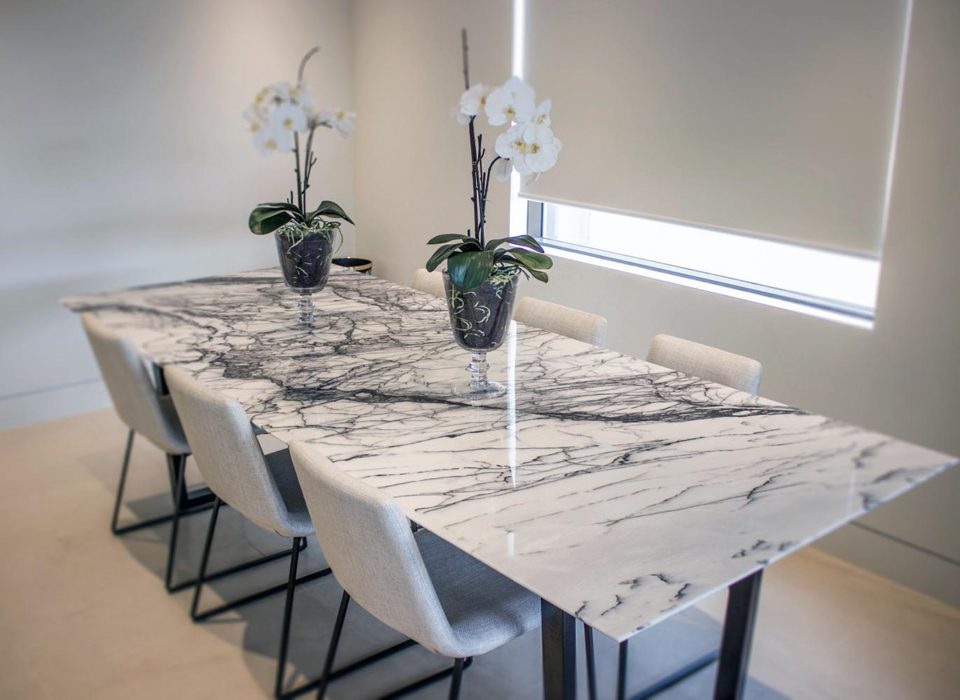When we think of residence we are filled with a a feeling of calm and tranquility, and when we are styling it, we think of employing nothing but the best content for it. So, why must kitchen be left guiding, the kitchen where a considerable time is spent performing the most useful action in the world: “cooking”.

There are different rocks that can be selected, such as the naturally occurring granite, quartzite, stone, sandstone and man-made stones such as quartz etc. Every single stone has its own benefits and drawbacks and are selected simply by different people as elegance lies in the eye of the beholder.
So what are the standards that affect the choice of stones to be used?
1. Cost: The fee is often one of the important determiners in choosing a stone for that kitchen. The cost of the particular stone depends on numerous factors like demand for your stone, the color, the actual cut, thickness etc, the more difficult to find the actual stone in nature, the more costly it becomes.
2. Appearance: The natural stones do not have a uniform color and design, this might be seen as an aberration or a masterpiece of design. While the manmade stones are more uniform to look at. Natural stones can be found only in the colours they occur in nature but to the man-made as well as engineered stones pigments can be added to loan color to the stone. It is also because of their special uneven pattern which natural stones are found to be more expensive.
Several. Durability and attention: Most of the naturally occurring gems are porous naturally, thus requiring much more care and maintenance. They need to be covered after every 2 years. Without proper seal your stains can pass through into the stone and definately will lead to staining. The man made stones are certainly not porous and will consequently not absorb drinks and stain requiring less care and are more long lasting than the natural stones. Natural and organic stones require a somewhat more TLC than the designed stones.
4. Availability- The provision is also a factor when choosing a counter stone for the kitchen, the stone which is locally available will certainly cost less than the stone which may have to be transported over a long distance.
5. Installation- The installations costs differ from rock to stone. As an example, granite slabs are hard to install because of utter size, whereas the granite tiles becoming smaller in size can be manipulated into installing anywhere.
6. Hardness- The actual engineered stone counters are very hard, in order that they don’t crack as quickly as granite or perhaps slate. It is also resistant against heat, and would therefore not acquire scorched by it.
To learn more about tables made of stone take a look at this popular webpage
